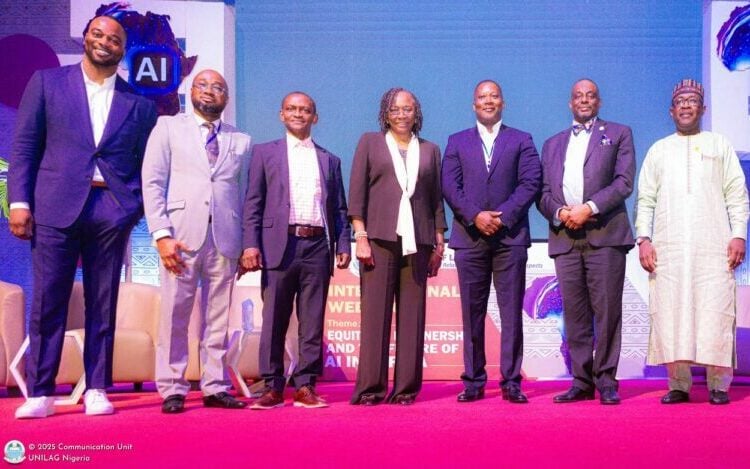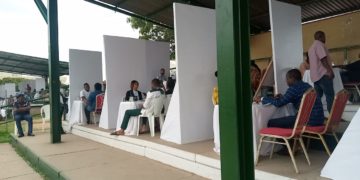The European Union (EU) and Nigeria have advanced cooperation in Artificial Intelligence (AI) research and innovation, as both partners were working to strengthen the link between scientific inquiry and market-ready solutions across key technology sectors.
At the University of Lagos (UNILAG) International Week, the Head of Cooperation at the EU Delegation to Nigeria and ECOWAS, Massimo De Luca, outlined ongoing efforts to build a structured framework for science, technology, and innovation collaboration between the EU and Nigeria.
De Luca said the forthcoming EU-Nigeria Science, Technology and Innovation Agreement will formalise partnerships that enable researchers, universities, and enterprises to jointly explore AI applications relevant to Nigeria’s development priorities and the broader African innovation landscape.
“The agreement will open new possibilities for research institutions and innovators to work together on areas that matter to both our regions, such as how AI can be used responsibly to address societal challenges, drive productivity, and create inclusive opportunities,” he noted.
He also highlighted the Generative AI for Africa call for proposals, closing on October 31, as one of several EU-funded initiatives that encourage cross-continental collaboration in AI development.
“We want to see Nigerian researchers at the centre of this process, forming networks, exchanging ideas, and leading projects that shape the continent’s innovation ecosystem,” he said.
Beyond research funding, De Luca emphasised the EU’s continued engagement with Nigerian institutions to strengthen local research capacity. “Our cooperation with the National Universities Commission and the establishment of a research contact point in Nigeria are part of wider efforts to ensure that Nigerian institutions have access to the tools and partnerships required to thrive globally,” he added.
Vice Chancellor of the University of Lagos, Professor Folasade Ogunsola, welcomed the EU’s sustained collaboration with Nigerian universities, describing it as a model for mutually beneficial partnerships.
“Our students and researchers stand to gain from exposure to diverse networks and knowledge systems. This kind of cooperation supports not only innovation but also the institutional growth of our universities,” she said.
This year’s event was organised under the theme, “Equitable Partnership and the Future of AI in Africa.”





